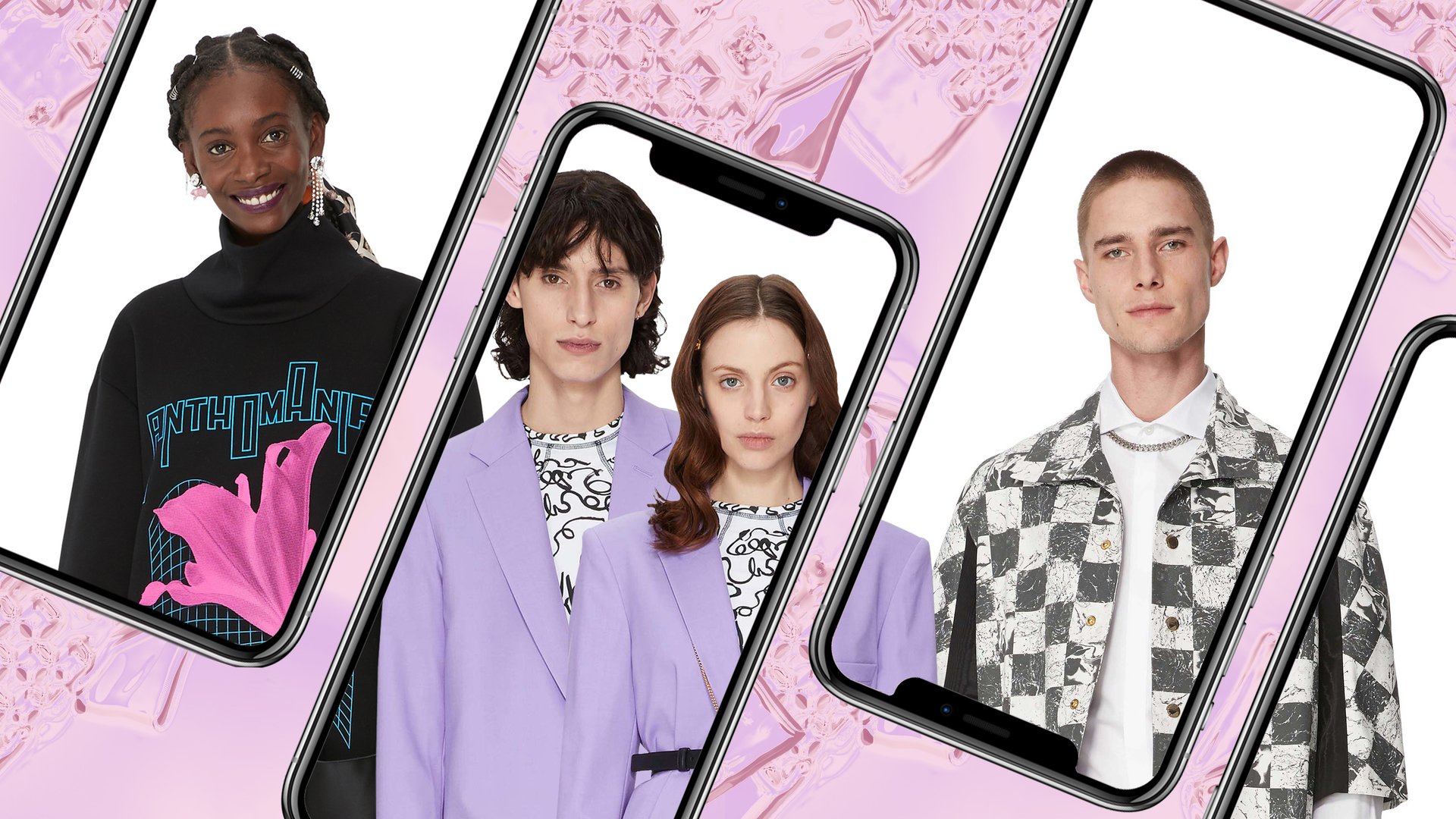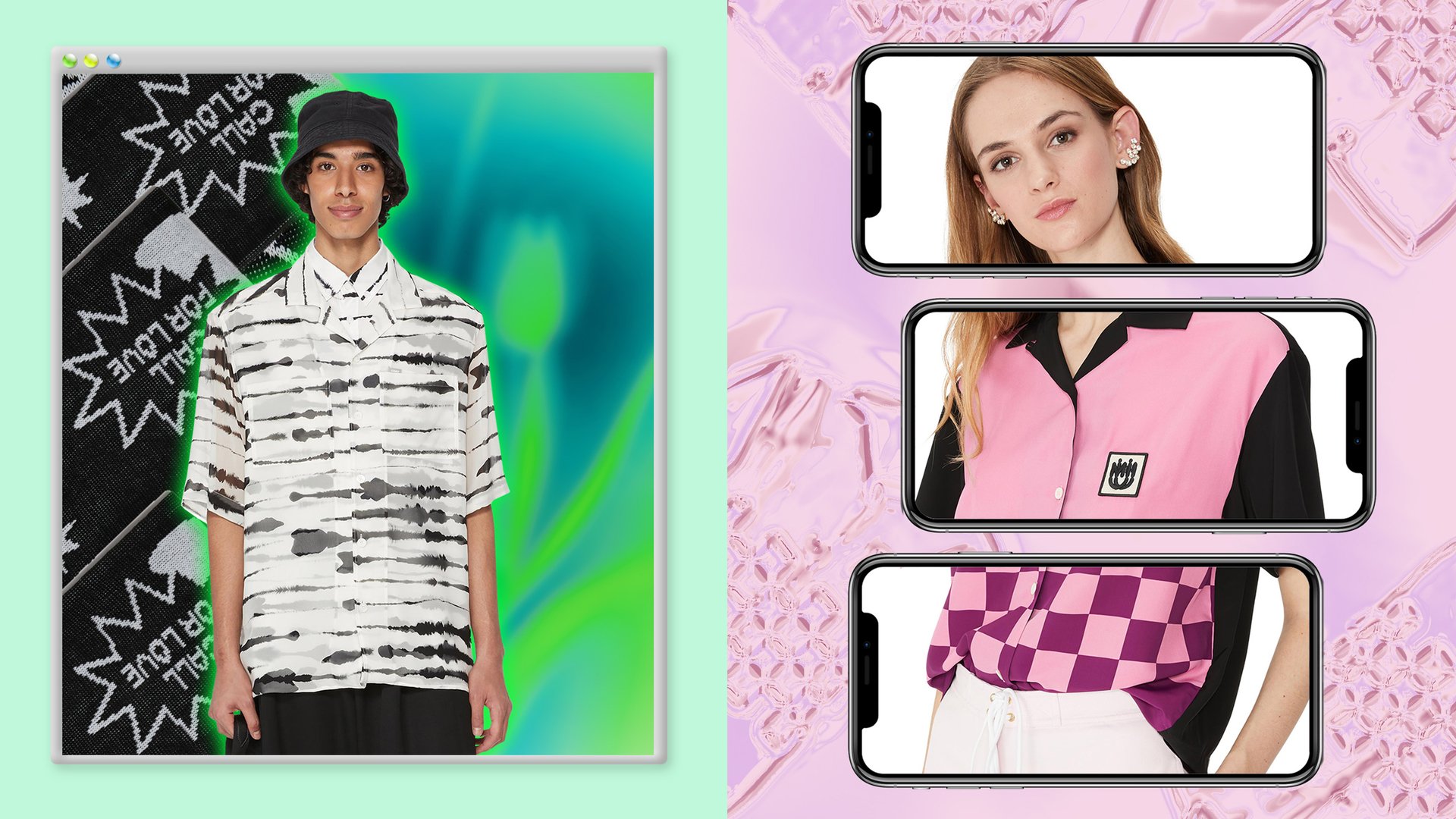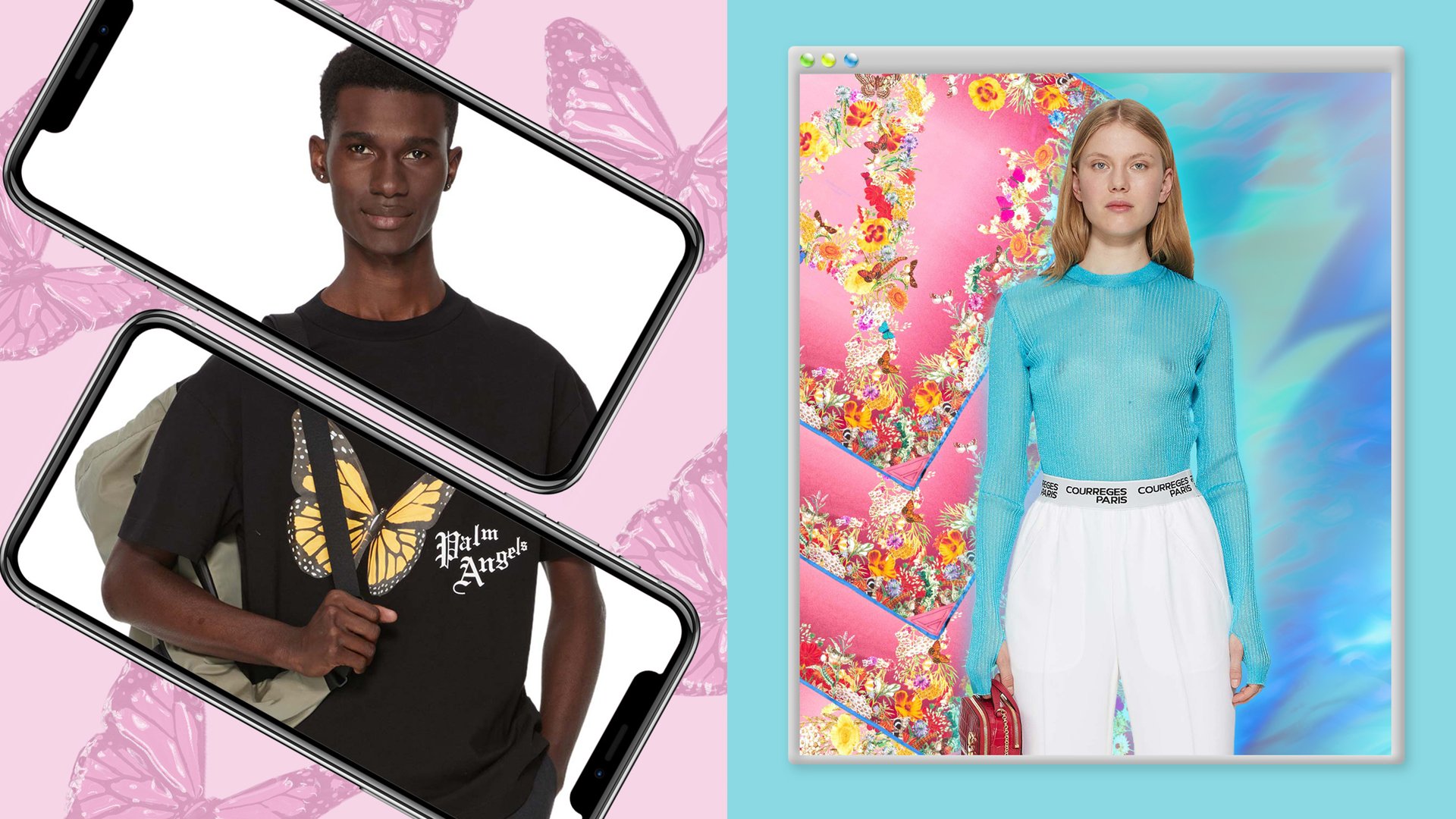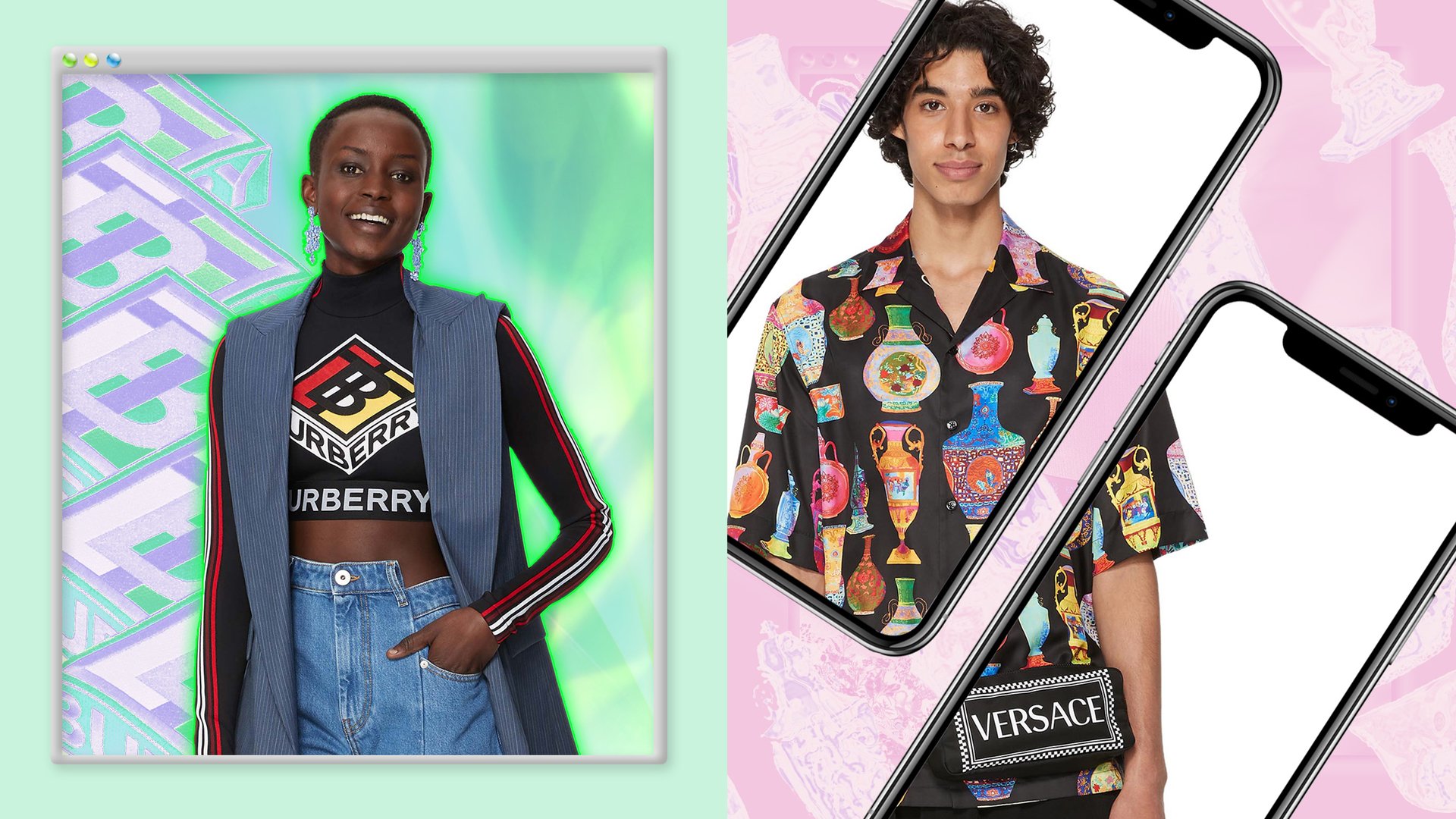-
What Social Innovations Can We Expect From Gen Z?

Her, Them, Him
Smartphone-obsessed narcissists incapable of concentrating for longer than ten minutes — in some people's eyes, young people in their early 20s are defined by a long list of faults. The reality is much more nuanced, and this up-and-coming generation of "Zoomers" could provide the imagination society needs.
Who are they exactly? While demographic studies don't entirely concur, it's generally agreed that Gen Z was born after 1995. They follow the Baby Boomers, who were born between 1946 and 1964 and enjoyed France's prosperous post-war period; Generation X, children of divorce and the first computers; and Gen Y and its "Millennials," born between 1981 and 1997. "Generation Z brings with it the first real digital natives, meaning that they've never known a world without smartphones or social media," explains Élodie Gentina, a specialized professor and researcher at the IESEG School of Management. "They never adapted to the digital, they were just born with it," she continues. Google, created in 1998, Facebook (2004) and Deliveroo (2013) grew up with them.

Him.
Her.
As a result, members of Gen Z are constantly connected to social media. In 2019, the international consulting and strategy firm OC&C published a study entitled "The generation without borders: an introduction to Generation Z," in which they polled 15,500 young people in 9 different countries. It was discovered that they tend to surf an average of 4.4 different platforms, contrasting with Gen X's 2.7. Instagram, Snapchat, and TikTok are far more popular than Facebook. Consequently, they're highly influenced by social networks and, inversely, are all more or less influencers in their circles. They're also much more international than their elders, meaning that geographical differences have far less cultural impact now that the internet has homogenized the behavior of young people from Paris to New York to Rio.
Young People Understand Hyper-Connection's Risks
This hyper-connectivity also carries risks. According to a study published in 2019 in the British review BMC Psychiatry, one in four young people is addicted to their phone. Indeed, new mental disorders are linked to the rise of digital. With FOMO ("fear of missing out,") the fear of missing an event is exacerbated by stories that friends share every day. Gen Z is hyper-anxious and under high pressure from social media. However, while that pressure might be more serious than for generations preceding them, they're also more conscious of the risks these networks carry and make efforts to limit them. At only 16 years old, Amanda Southworth developed anxietyhelper, a free application launched in 2018 aimed at assisting young people manage stress and anxiety by practicing relaxation and meditation. The invasion of our private lives is also a shared concern. More and more Zoomers have both a public and a private account for their family and close friends. At the very least, they've learned from the errors of Millennials, with their tendency to overshare personal details to thousands of friends on Facebook.
In contrast to popular opinion, the oldest members of Generation Z are now young adults who know how to handle themselves. Their autonomy is quickly felt in their careers, to the point that it's shaking up the status quo. "They're the first generation that knows everything. They have a relationship to authority and knowledge that radically differs from generations that came before them. Today, they have all the information at their fingertips,", explains Élodie Gentina, who co-authored Génération Z. Des Z consommateurs aux Z collaborateurs (Dunod, 2018). For these digital natives, it's no longer the knower who has the authority, but the one who acts on that knowledge. "They're questioning the traditional pyramidal structure of businesses," says the author. "Their guiding line is less hierarchy, more collaboration. They work on a project-by-project basis, rather than thinking in terms of a career. This is why specialist Éric Delcroix, who writes for the blog "Les z'ed," calls them born freelancers." To take an example, many adolescents no longer work in restaurants or supermarkets for their pocket money, but are getting into re-selling luxury items on specialized platforms.

Him.
Her.
Billie Eilish and Greta Thunberg: Archetypes of a Generation
Professional codes aren't the only ones being hung out to dry: gender norms also count little to these up-and-comers. As far as masculinity and femininity go, fluidity is the order of the day. Californian singer Billie Eilish, who took home 5 Grammy Awards when she was only 18, is the archetype of this rising group. Most often dressed in oversized clothes and dark colors, the crooner of "Bad Guy" refuses to adopt the classic pop-star style, usually aimed at sexiness. Denouncing body shaming, she's also a major advocate for the environment: the sign of a developed political subjectivity, which we also see in many of her peers.
"A generation is a group of people who have lived through important events together," specifies Élodie Gentina. In the West, if Millennials experienced a relative peace in the 90s preceding the shock of September 11 and the following economic crises, those born after 2000 have lived through numerous global crises. Amongst global warming, the exacerbation of economic inequalities, terrorism, and now the pandemic are Gen Z's lot. In its last report, published in May 2020, the International Labor Organization estimated that those under 25 years of age would be heavily impacted by the pandemic's economic consequences. Under such conditions, Zoomers are less optimistic than their elders. Young people are realistic about how difficult the labor market is, as well as regarding the real consequences of mankind's impact on the environment.
When they decide to get involved, they favor acts over concepts. In 2018, Greta Thunberg, 17 at time of writing, came into the public eye when she launched school strikes for the climate that spread across the planet. The high-school student, activism's new guiding light, took advantage of social media to get her message out and plan concrete action to capture international leaders' attention. From such generational fractures comes the expression "Ok Boomer." On Twitter, Instagram, and TikTok, Zoomers make fun of Boomers and Millennials, considering that they no longer understand today's youth and are responsible for current crises.

Him.
Her.
Discerning Consumers and Caring Citizens
Of course, inter-generational tension is in no one's best interest. In fact, even the concept of "generation" is subject to limitations. It doesn't take differences between social groups into account, such as class or ethnicity, and tends instead to perpetuate stereotypes. Such classifications are useful tools that render changes in behaviors and expectations more visible; but rather than seeking to assign blame or, on the other hand, accolades for workplace productivity, it's in all of our best interest to embrace what tomorrow's leaders bring to the table.
Some businesses are opening their minds to the innovative solutions offered by these up-and-comers. In the United States, the startup known as GenGuru — founded by Jonah Stillman, 20 years old, and his father — works to develop understanding of the disparities and expectations facing different generations of employees. As consumers, Zoomers are demanding and know how to spot a scam. Besides paragraph fw-bolder and quality, they also care about where the product was made, as well as the business' environmental and ethical practices. In May 2019, for example, Calvin Klein presented a public apology after an ad in which model Bella Hadid kisses digital influencer Lil Miquela. Fans and followers criticized the brand for using LGBTQ+ gestures in the interest of making a profit. What, then, will a society led by Gen Z look like? All signs point to greater inclusivity, collaboration, and above all, commitment to the world around them.